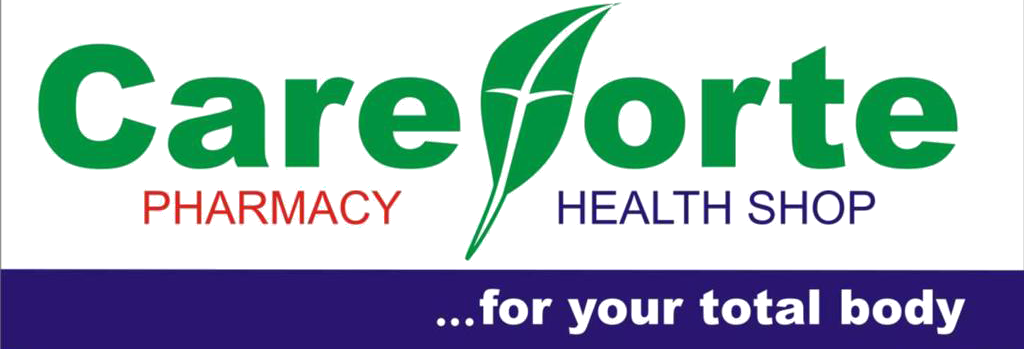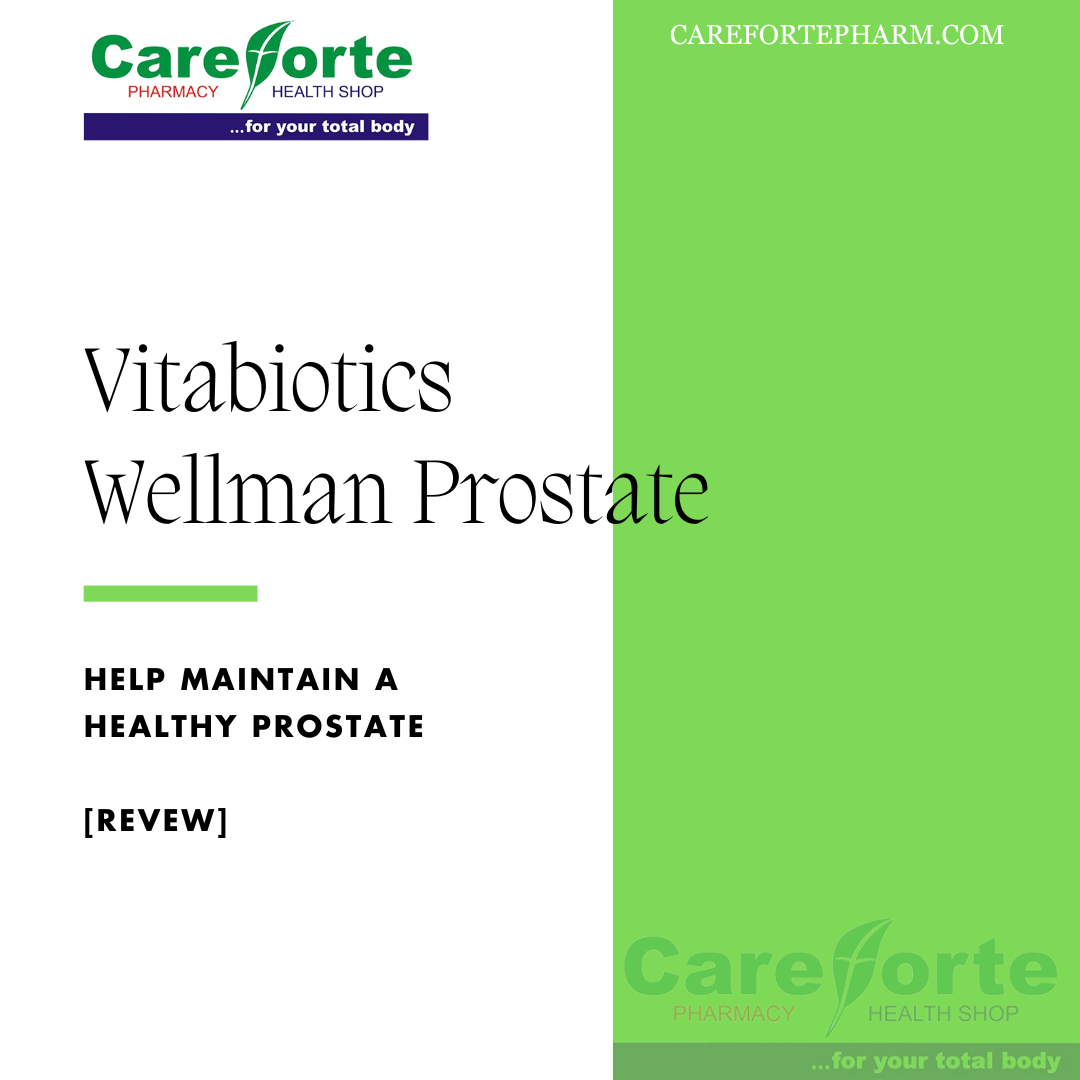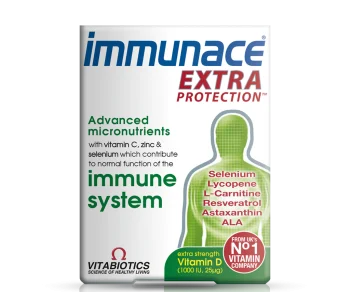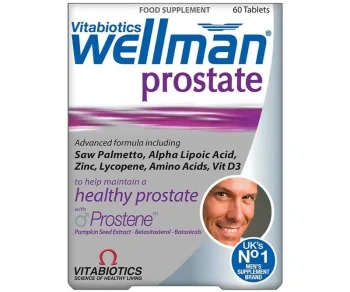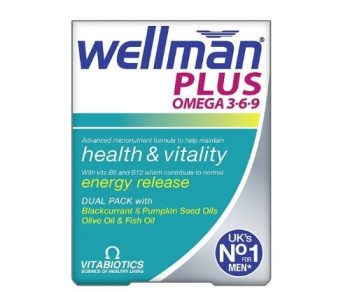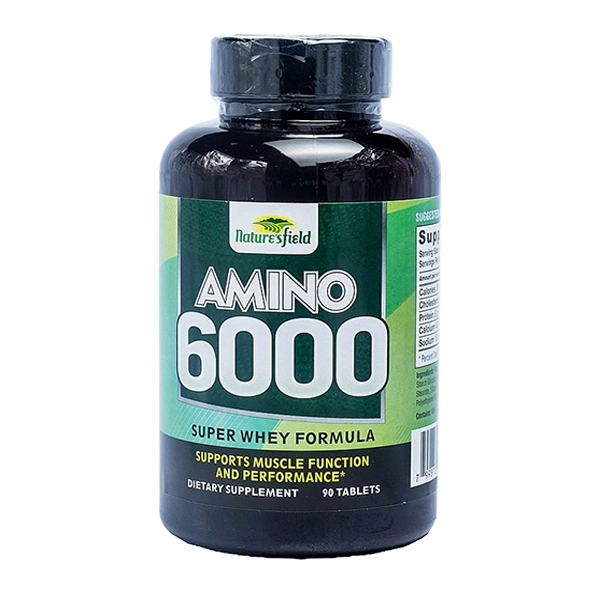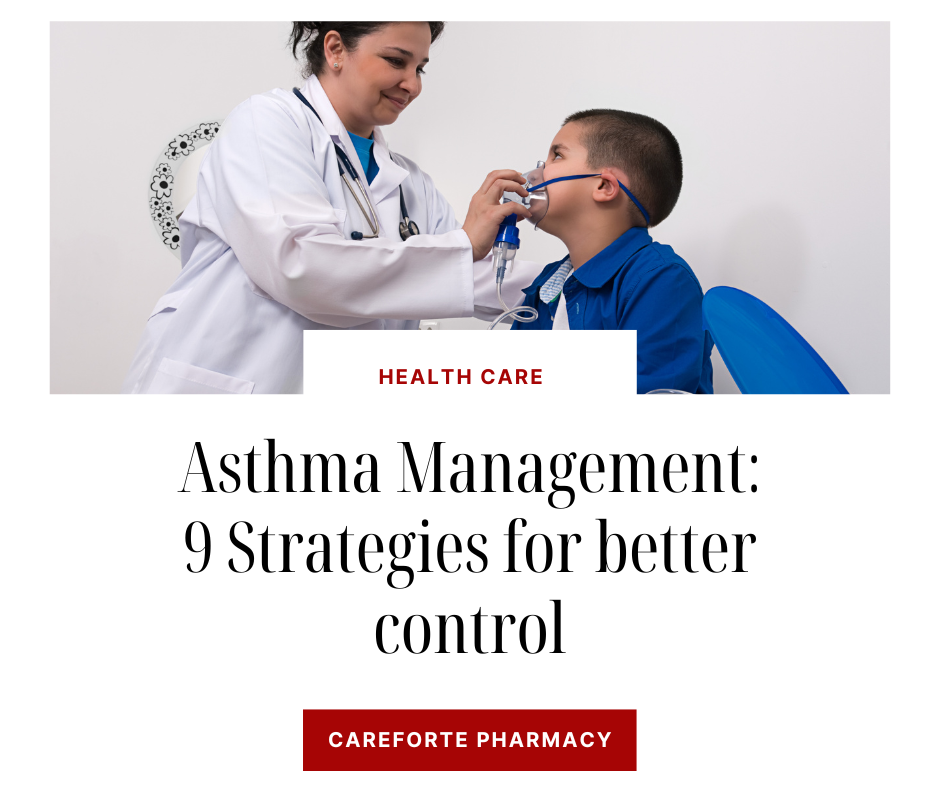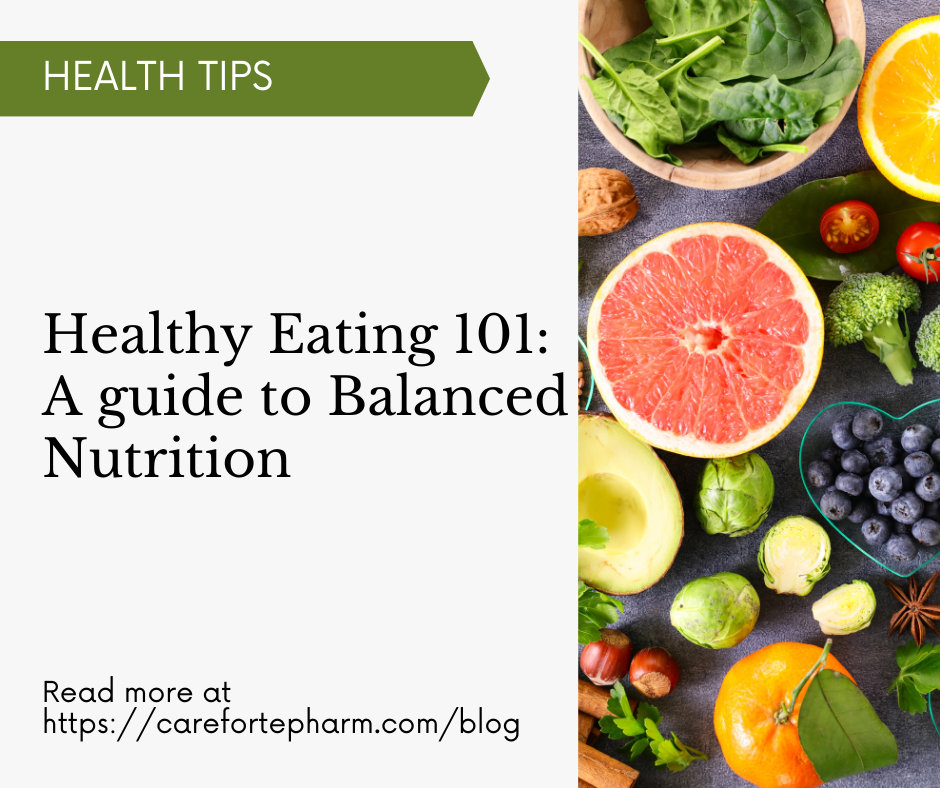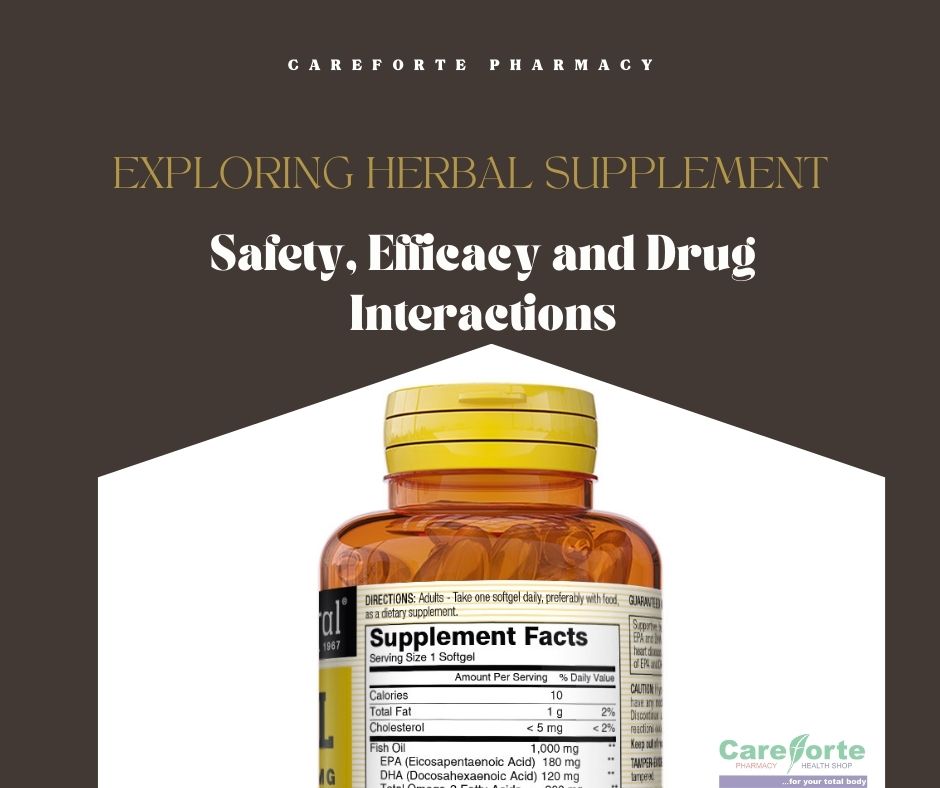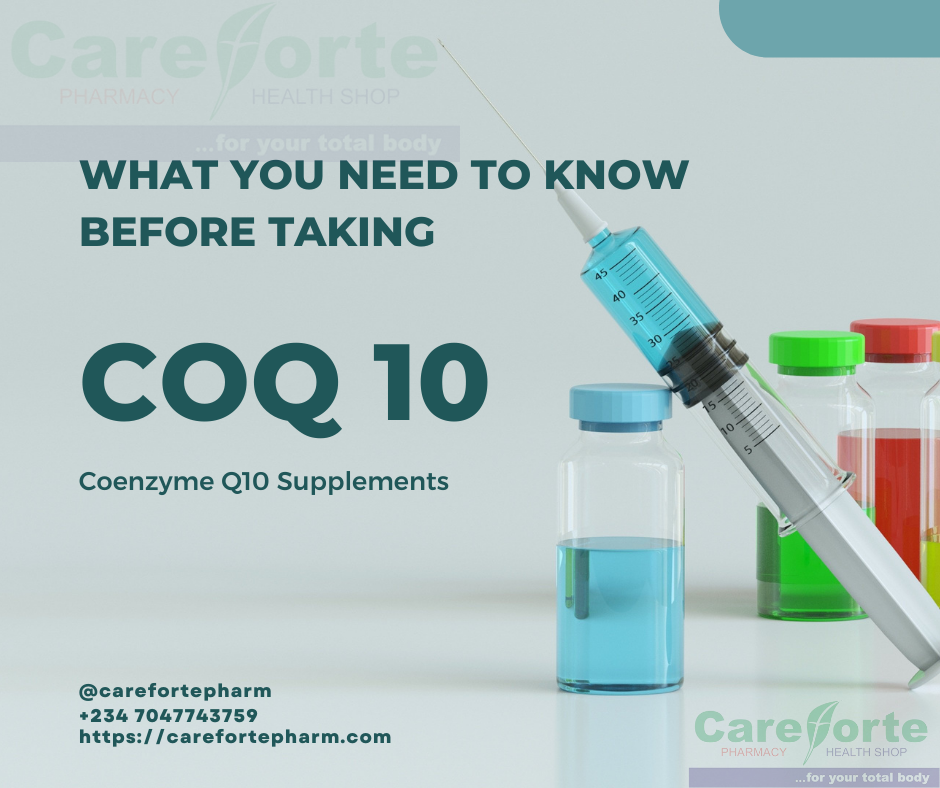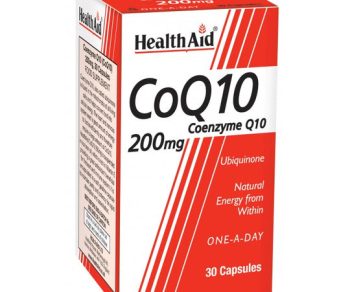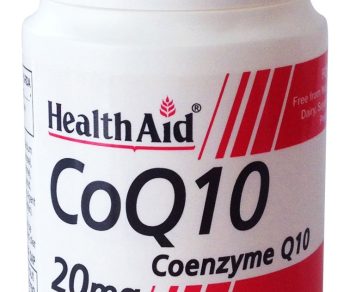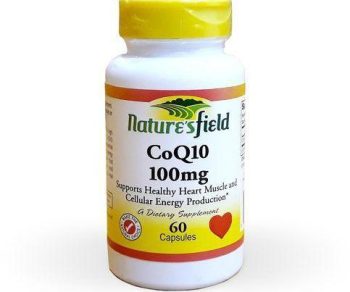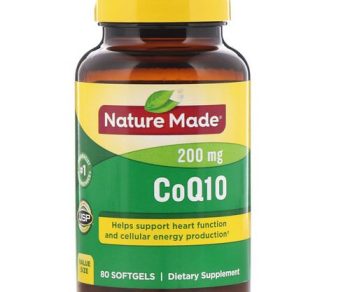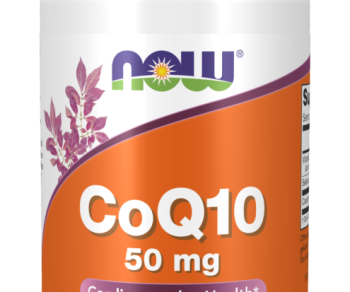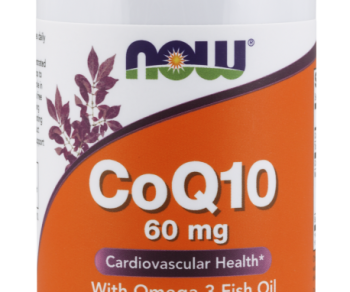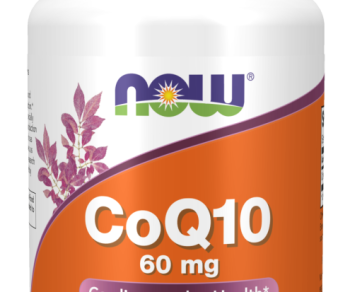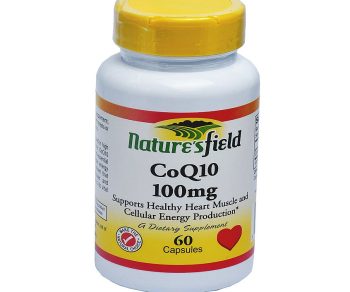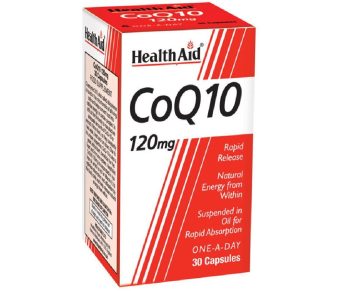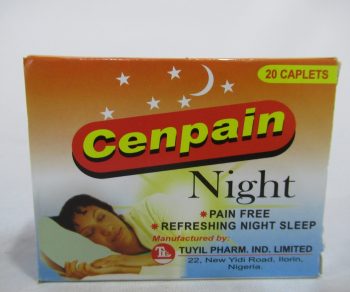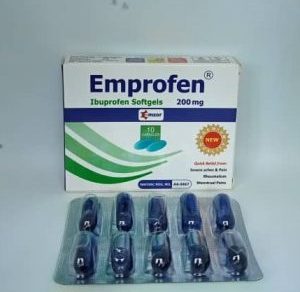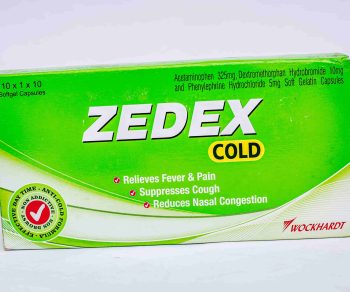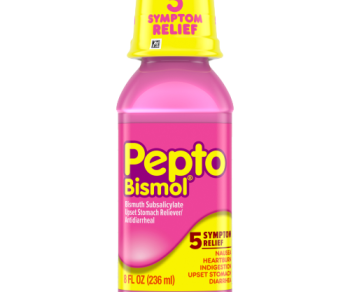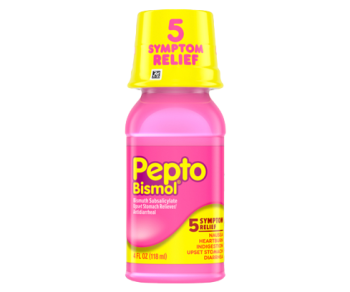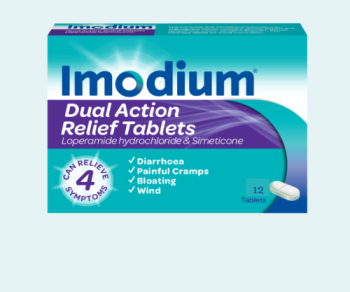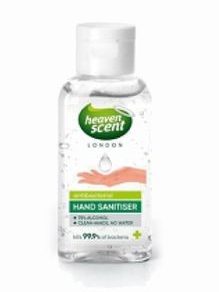[REPORT] – Vitabiotics Wellman Prostate: A Comprehensive Review of Ingredients, Benefits, and Side Effects
Prostate health is a significant concern for many men, particularly as they age. The prostate gland, which is located just below the bladder and in front of the rectum, is responsible for producing semen. However, as men age, the prostate gland may become enlarged or inflamed, which can lead to urinary problems and other health issues. In recent years, a range of supplements have emerged that claim to support prostate health, including Vitabiotics Wellman Prostate. In this report, we will explore the ingredients, benefits, and potential side effects of this supplement to help men make informed decisions about their prostate health.
Vitabiotics is a British company that produces a range of health supplements, including vitamins, minerals, and herbal extracts. One of its popular products is the Wellman Prostate supplement, which is specifically designed to support prostate health in men. In this report, we thought it’ll be helpful to review the ingredients, benefits, and potential side effects of Wellman Prostate.
Prostate health is a topic of concern for many men as they age. The prostate gland, located just below the bladder, is responsible for producing semen. However, as men age, the prostate gland may become enlarged or inflamed, leading to urinary problems and other health issues. In recent years, various supplements have emerged that claim to support prostate health. One of these is Vitabiotics Wellman Prostate. This report will explore the ingredients, benefits, and potential side effects of this supplement to help men make informed decisions about their prostate health.
Ingredient
[ts_products product_type=”best_selling” columns=”4″ per_page=”4″ product_cats=”293″ is_slider=”1″ only_slider_mobile=”1″]
Wellman Prostate contains a range of vitamins, minerals, and natural extracts that have been shown to support prostate health. Some of the key ingredients include:
- Saw Palmetto: Saw Palmetto is a type of palm tree that is native to the southeastern United States. It has been used traditionally to treat urinary tract problems and improve prostate health. Saw Palmetto extract contains a range of fatty acids and phytosterols that are thought to help reduce inflammation and promote healthy prostate function.
- Zinc: Zinc is an essential mineral that is important for immune function, wound healing, and reproductive health. It has also been shown to be beneficial for prostate health, as it may help to reduce the size of the prostate gland and improve urinary symptoms.
- Pumpkin Seed Extract: Pumpkin seeds are a rich source of nutrients, including vitamins, minerals, and antioxidants. Pumpkin Seed extract has been shown to have anti-inflammatory and antioxidant effects, which may help to reduce the risk of prostate cancer and improve overall prostate health.
- Lycopene: Lycopene is a natural pigment that is found in tomatoes, watermelons, and other red fruits and vegetables. It is a powerful antioxidant that has been shown to help reduce the risk of prostate cancer and improve prostate health.
- Vitamin D: Vitamin D is a fat-soluble vitamin that is important for bone health, immune function, and muscle strength. It has also been shown to be beneficial for prostate health, as it may help to reduce the risk of prostate cancer and improve urinary symptoms.
Benefits
Wellman Prostate is designed to support prostate health in men, particularly those over the age of 45. Some of the key benefits of this supplement include
- Reducing the risk of prostate cancer: The ingredients in Wellman Prostate, such as Saw Palmetto, Pumpkin Seed Extract, and Lycopene, have all been shown to help reduce the risk of prostate cancer.
- Improving urinary symptoms: Zinc and Vitamin D have both been shown to help improve urinary symptoms in men with enlarged prostates, such as difficulty urinating and frequent urination.
- Promoting healthy prostate function: The combination of vitamins, minerals, and natural extracts in Wellman Prostate is designed to support healthy prostate function and reduce inflammation in the prostate gland.
- Boosting overall health: Many of the ingredients in Wellman Prostate, such as Zinc and Vitamin D, have been shown to have additional health benefits beyond prostate health, such as improving immune function and reducing the risk of osteoporosis.
Side effects
Wellman Prostate is generally considered safe for most people when taken as directed. However, some people may experience side effects, such as
- Upset stomach: Some of the ingredients in Wellman Prostate, such as Saw Palmetto, may cause stomach upset or diarrhea in some people.
- Allergic reactions: Some people may be allergic to one or more of the ingredients in Wellman Prostate, particularly the natural extracts.
- Interactions with medications: Some of the ingredients in Wellman Prostate, such as Saw Palmetto and Zinc, may interact with certain medications, such as blood thinners and antibiotics.
Conclusion
Overall, Wellman Prostate is a well-designed supplement that contains a range of vitamins, minerals, and natural extracts that have been shown to support prostate health in men. While it is
generally safe for most people, it is important to speak with a healthcare provider before starting any new supplement, especially if you have any underlying health conditions or are taking medications. Additionally, it is important to note that supplements are not intended to replace a balanced diet and regular exercise, which are both important for maintaining overall health.
Prostate health is a significant concern for many men, particularly as they age. The prostate gland, which is located just below the bladder and in front of the rectum, is responsible for producing semen
When taking Wellman Prostate or any other supplement, it is important to follow the recommended dosage instructions carefully. Overdosing on vitamins or minerals can be harmful, and taking too much of certain natural extracts can also cause side effects. As with any supplement, it is important to discontinue use and seek medical attention if you experience any adverse reactions.
In conclusion, Wellman Prostate is a supplement that may offer benefits for prostate health in men, particularly those over the age of 45. However, it is important to approach supplements with caution, and to speak with a healthcare provider before starting any new supplement regimen. By taking a holistic approach to health, including a balanced diet, regular exercise, and appropriate medical care, men can help support their prostate health and overall well-being.
